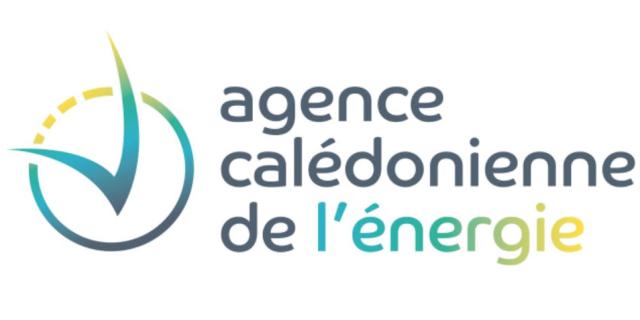Set course for Île des Pins…
An unprecedented and long-term partnership between Sud Tourisme Nouvelle-Calédonie and the Caledonian Energy Agency
On Thursday, 8 June 2023, Jean-Gabriel Favreau, President of the Sud Tourisme attractiveness agency, and Christopher Gyges, President of the Caledonian Energy Agency, signed a framework agreement to work together on greening tourism, and in particular on the Île des Pins pilot project. This agreement officially brings together the work of these two structures for the next several years.
CONCRETELY:
Sud Tourisme Nouvelle-Calédonie expanded its network of tourist offices on 12 December, with the opening of a new tourist information point in Kuto Bay on Île des pins. Located opposite the small wharf, just 500 m from the Betico landing stage, on the road leading to the must-see bays of Kuto and Kanumera.
One of Sud Tourisme Nouvelle-Calédonie’s flagship projects for 2023 is to round out the services offered by its office with the rental of soft-mobility means of transport (bicycles, scooters, and electrically-assisted cars).
Indeed, Île des pins boasts a hilly surface area of 152 square kilometres, with scattered points of tourist interest making it impossible to visit the island on foot. Bicycles and electric cars therefore appear to be the responsible solutions for transport on the island, and firmly in line with the strategic direction of developing ecotourism offers in the South Province.
As part of its project development, Sud Tourisme Nouvelle-Calédonie has expressed its willingness to adopt a series of measures in favour of energy transition, and to approach the Caledonian Energy Agency for support on both technical and financial aspects. A tender is currently underway to design an eco-responsible building to store, recharge, and maintain this equipment.
For its part, the Agence Calédonienne de l’Energie is helping to implement the New Caledonia Energy Transition Plan (STENC) with the aim of making New Caledonia a model for energy transition and sustainable development. New Caledonia’s energy transition policy aims to make the territory self-sufficient in energy. The overall goal is to achieve a minimum 70% reduction in greenhouse gases by 2035, compared with 2019.
This partnership with Sud Tourisme Nouvelle-Calédonie aims to promote the greening of the tourism industry, which contributes to building a low-carbon, competitive economy through the development of renewable energies. It is also in line with one of STENC’s ambitions, which is to promote ecomobility by favouring modes of transport that are more respectful of the environment, safe, healthy, and accessible to all, such as alternatives to the car (walking, cycling, public transport).
MEMO
The Agence Calédonienne de l’Energie (Caledonian Energy Agency) is New Caledonia’s public establishment responsible for supporting local authorities and the business community in implementing the New Caledonia Energy Transition Plan (French: Schéma pour la Transition Énergétique de la Nouvelle-Calédonie, or STENC).





